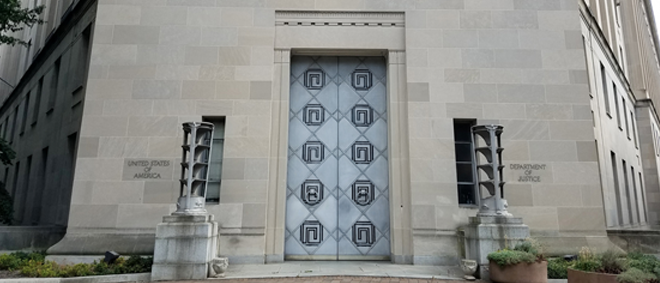On January 6, 2020, the SBA published its 26th Interim Final Rule (the First Draw PPP IFR) and 27th Interim Final Rule (the Second Draw PPP IFR)[1] with respect to the Paycheck Protection Program (PPP), as reauthorized and modified under Title III (cited as the Economic Aid to Hard-Hit Small Businesses, Nonprofits, and Venues Act (the Economic Aid Act)) of Division N of the Consolidated Appropriations Act, 2021. The PPP was originally enacted under the Coronavirus Aid, Relief, and Economic Security Act (as amended, supplemented or otherwise modified from time to time prior to the enactment of the Economic Aid Act, including by the Paycheck Protection Program and Health Care Enhancement Act, the Paycheck Protection Program Flexibility Act, applicable federal regulations and interpretive guidance issued by the SBA and Treasury, the CARES Act).
Continue Reading Paycheck Protection Program: SBA Issues Guidance on First Draw and Second Draw PPP Loans and Releases PPP Applications Pursuant to the Economic Aid Act








